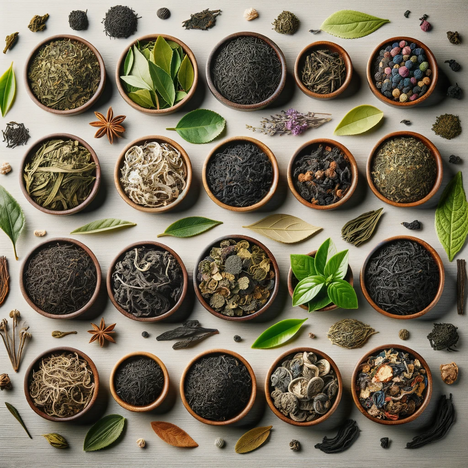Propyl gallate

What is propyl gallate?
Propyl gallate (E310) is an organic compound made from gallic acid and propyl alcohol. Gallic acid is a natural substance found in plants such as oak bark, tea leaves or sumac. Propyl alcohol is a synthetic alcohol derived from petroleum.
Propyl gallate has antioxidant properties, which means that it can slow down or prevent the oxidation of fats. Oxidation is a chemical process in which fats react with oxygen and become rancid. Rancid fats can affect the taste and quality of the feed and can also be harmful to health.
Propyl gallate is often used together with other artificial preservatives such as BHA (butylated hydroxyanisole) or BHT (butylated hydroxytoluene) to extend the shelf life of dog food.
Advantages of propyl gallate
The main advantage of propyl gallate is that it protects the dog food from spoiling and thus increases the shelf life. This can be beneficial for both manufacturers and consumers as it saves costs and reduces waste.
Another advantage of propyl gallate is that it is considered safe for human consumption in small quantities. The European Food Safety Authority (EFSA) has set an acceptable daily intake (ADI) of 0.1 mg per kilogram of body weight per day for propyl gallate. This means that a person weighing 60 kg could consume up to 6 mg of propyl gallate per day without any health risks.
Disadvantages of propyl gallate
The main disadvantage of propyl gallate is that it can be potentially harmful to dogs, especially if consumed in high doses or over a long period of time. There is some evidence that propyl gallate may contribute to tumor formation by damaging DNA or weakening the immune system.
A 1982 study showed that rats fed high doses of propyl gallate had increased rates of liver and thyroid tumors. Another study in 1996 found that mice treated with propyl gallate had a reduced white blood cell count, indicating immunosuppression.
Propyl gallate can also trigger allergic reactions in sensitive dogs. Symptoms can include skin rashes, itching, breathing difficulties or gastrointestinal problems.
Another disadvantage of propyl gallate is that it is not natural and is therefore difficult for the dog's body to break down. It can accumulate in fatty tissue and become a burden on the liver.
Propyl gallate is an artificial preservative used in some dog foods to prevent fats from going rancid. It has some advantages, such as extending shelf life and being safe for humans in small amounts, but also some disadvantages, such as potentially damaging the DNA, immune system or liver of dogs.
If you want to avoid propyl gallate in dog food, you should pay attention to the ingredients list and look for natural alternatives. Natural preservatives are, for example, vitamin E, vitamin C or plant extracts, which also have antioxidant effects but no harmful side effects.
Another option is to buy canned dog food, which does not need preservatives as it is sterilized by heating. Or you can give your dog fresh or raw food, which also contains no preservatives but offers more nutrients and flavor.
If you notice any signs of hypersensitivity or poisoning in your dog, you should see your vet immediately. We are not a substitute for a vet, but we try to be as accurate as possible. Every dog reacts differently and we recommend you get a second opinion or consult your vet if in doubt.
Stay healthy and take good care of your four-legged friend!😊